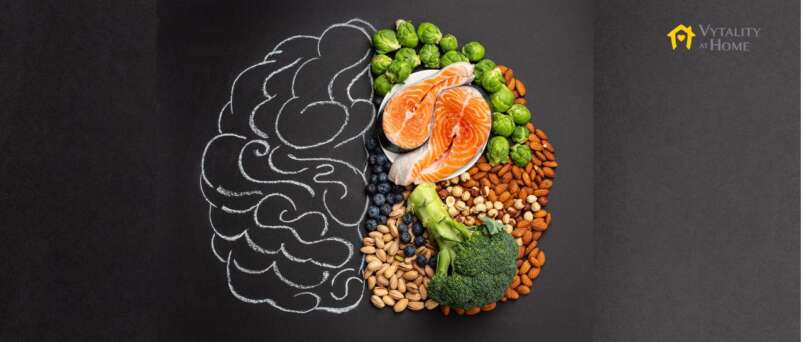Going with your gut: the communication between your brain and your digestive system
It’s one of the most talked about ‘discoveries’; of recent years, the interaction between your gut and your brain. The really exciting part is the increasing understanding of a two way communication network between brain and digestive system, as the Cleveland Clinic explains:
“Signals pass both ways between your digestive system and central nervous system, and health or disease in one can affect the other … Your brain and your gut are like besties. They talk about all kinds of things, from practical, physical matters to emotional ones.”
No wonder we talk about gut feelings, butterflies in our stomach, and gut-wrenching events!
You are what you eat
It goes without saying that what you eat affects you both physically and mentally. So it is hardly surprising that your digestive system needs to communicate key message to your brain about feelings of hunger, metabolism and digestion. In turn your brain will relay important information such as food preferences, energy levels, allergies and stress.
Other messages are much more subconscious, such as immunity and behaviours, which in turn involve messages to your immune and endocrine systems. As one Registered Nutritional Therapist said:
“Supporting your gut is important for brain health because (of) the cross talk along the gut-brain axis … Gut microbes can relay messages to the brain through the vagus nerve, and the immune system is also monitoring pathogens in the gut.”
Enter the ENS
The super highways for the two way transmission of gut-brain messages include the vagus nerve and the enteric nervous system (ENS). Indeed, scientists sometimes refer to the enteric nervous system as your ‘second brain’.
“(The ENS’s) main role is controlling digestion, from swallowing to the release of enzymes that break down food to the control of blood flow that helps with nutrient absorption to elimination. The enteric nervous system doesn’t seem capable of thought as we know it, but it communicates back and forth with our big brain—with profound results.”
Four ’snack’ foods to feed your brain
We know that certain foods help boost brain health and functions, but it’s not all about dark vegetables and oily fish! Here are four easy snack food that you can enjoy to boost your brain health.
Pumpkin seeds
Pumpkin seeds are a rich source of minerals which are beneficial for brain function, especially zinc, which is released when your brain synapses fire up. In addition:
“The elements zinc, phosphorous, magnesium, potassium, and selenium found in pumpkin seeds make them a nutritional powerhouse and a weapon in the battle against illnesses, including arthritis, inflammation, prostate cancer, etc.”
Coffee
The caffeine in coffee is involved in boosting neurotransmitters such as serotonin and dopamine. Research by the University of Verona in 2023 suggested that a cup of coffee a day may also lead to a reduced risk of Alzheimer’s and Parksinson’s disease.
“Alzheimer′s disease (is) characterized by the intraneuronal accumulation of the microtubule-associated protein tau in fibrillar aggregates .. Whole coffee extract, caffeine, and genistein have biological properties in preventing aggregation, condensation, and seeding activity of … tau.”
Turmeric
This bright yellow spice is known for its antioxidant and anti-inflammatory properties, but is also has the ability able to cross the blood-brain barrier. This makes it particularly effective:
“It eases depression by boosting dopamine and serotonin, helps new neurons grow and helps to detox pathways of amyloid plaques that are a symptom of Alzheimer’s.”
Blueberries
We’ve talked before about how the flavonoids in blueberries can help preserve cognitive function.
“A single dose of flavonoid-rich blueberry could have a potentially protective effect on cognitive function in healthy older adults, possibly due to improved cerebrovascular function and positive interactions with cell signalling pathways involved in cognitive processes.”
They are also rich in antioxidants. Accumulated anti-oxidants in the brain improve the communication between the neurons in your brain and also improve concentration.
Home care for seniors in Calgary
If you are concerned about cognitive decline in a senior loved one living alone, a healthy diet that help promote a healthy gut can certainly help. So can regular visits from one of our home care team just to sit and talk, discuss the news, play a game or and any activity that gets seniors thinking! This cognitive stimulation is as much part of what we do as personal care and other “necessaries” and just as important.
Contact us to discuss you requirements – we’re happy to help.




